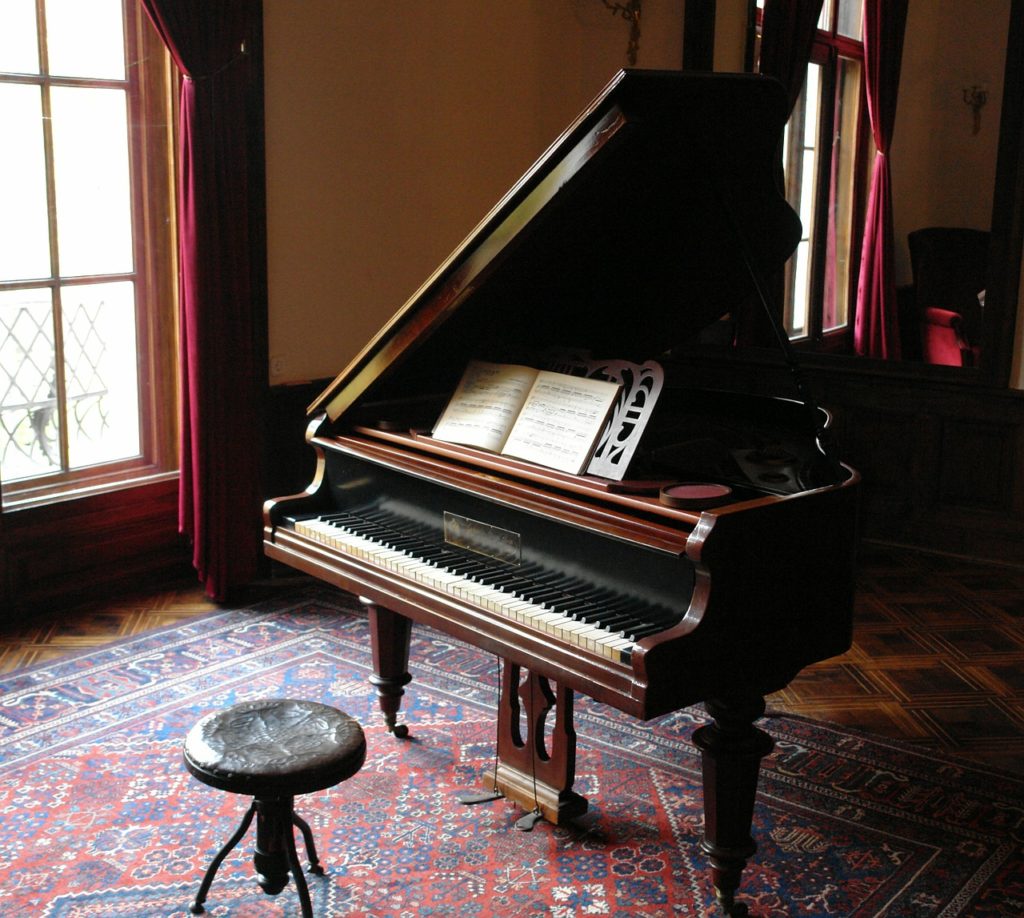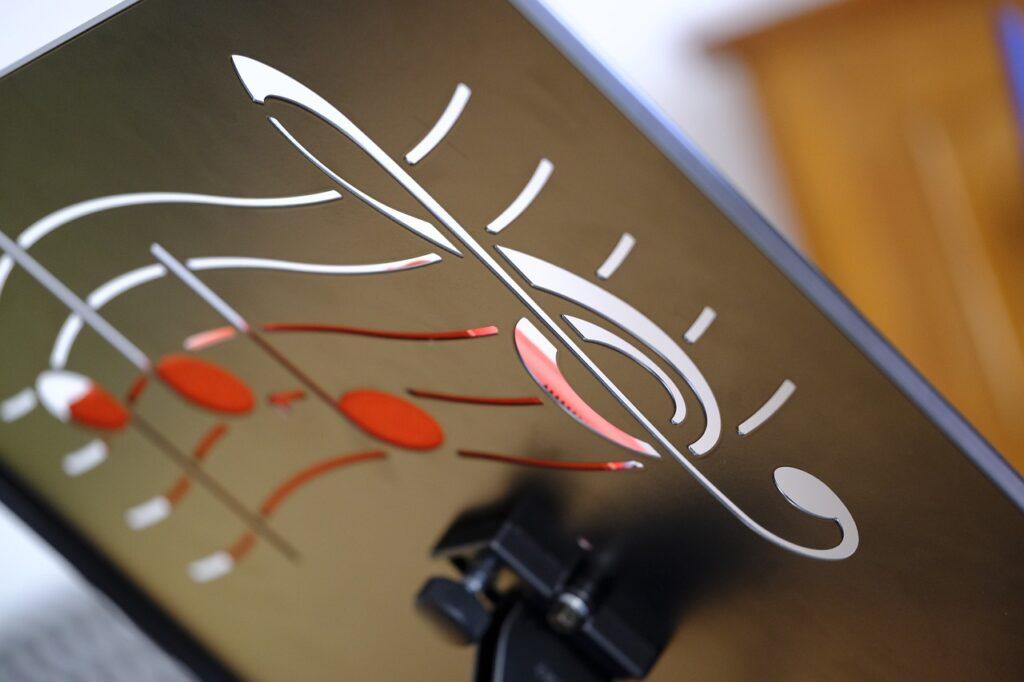Do I Really Have to Learn Music Theory to Learn How to Play Piano?
Do you want to give up on learning music theory? Does it seem pointless to you? Music theory can help with sight reading skills on the piano. It’ll be useful for improvisation and composition. It even helps with performance practice. If you still have an open mind, read “Do I Really Have to Learn Music Theory to Learn How to Play Piano?” to understand the ways it can help you to better play the instrument. Estimated reading time 4 minutes.







